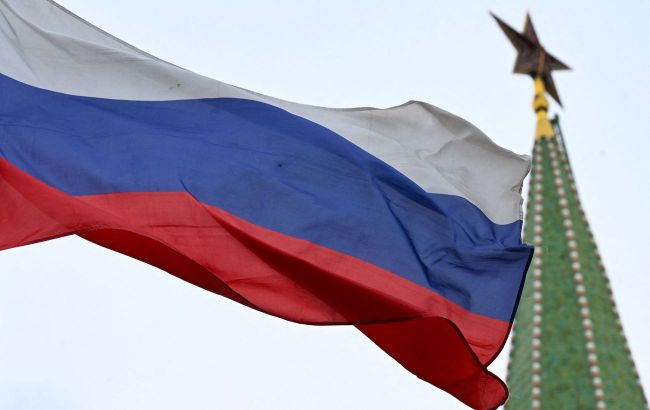Draft law on changing borders in Baltic Sea disappears from Russian government's website
 Photo: A draft law to change the borders in the Baltic Sea has disappeared from the Russian government's website (Getty Images)
Photo: A draft law to change the borders in the Baltic Sea has disappeared from the Russian government's website (Getty Images)
A draft law from the Ministry of Defense on unilateral changes to the borders with Lithuania and Finland in the Baltic Sea has disappeared from the Russian government's website, according to the official website of the Russian government's regulatory acts.
“The project has been removed,” the Russian government's website reports. The reasons for the removal of the document are unknown.
A copy of the description of the draft law proposed by the Russian Defense Ministry remains on archive.is.

Screenshot of the page of the deleted draft law (regulation.gov.ru)
What preceded it
Yesterday, it became known that the Russian Defense Ministry had prepared a decree according to which Moscow would unilaterally change the maritime borders with Lithuania and Finland in the Baltic Sea.
For example, Russia intends to change the geographic coordinates of points defining the positions of baseline points from which the width of Russia's territorial sea, adjacent zone near the coast, and islands are measured.
Along the border with Finland, the Russian government plans to adjust the coordinates in the area of the islands of Sommers, Högland, Rodsher, Tyuters, and Vigrund, as well as near the northern entrance cape of the Narva River, according to an appendix to the Cabinet resolution.
On the border with Lithuania, the area of the Curonian Spit in the Gdansk Bay, the areas of Cape Taran, the cape south of Cape Taran, as well as the Baltic Spit have come under review.
Finland says it intends to find out the details of Russia's plans to change the borders.
Meanwhile, Lithuania believes that Russia's plans to change the borders with Lithuania and Finland in the Baltic Sea are another provocation.

